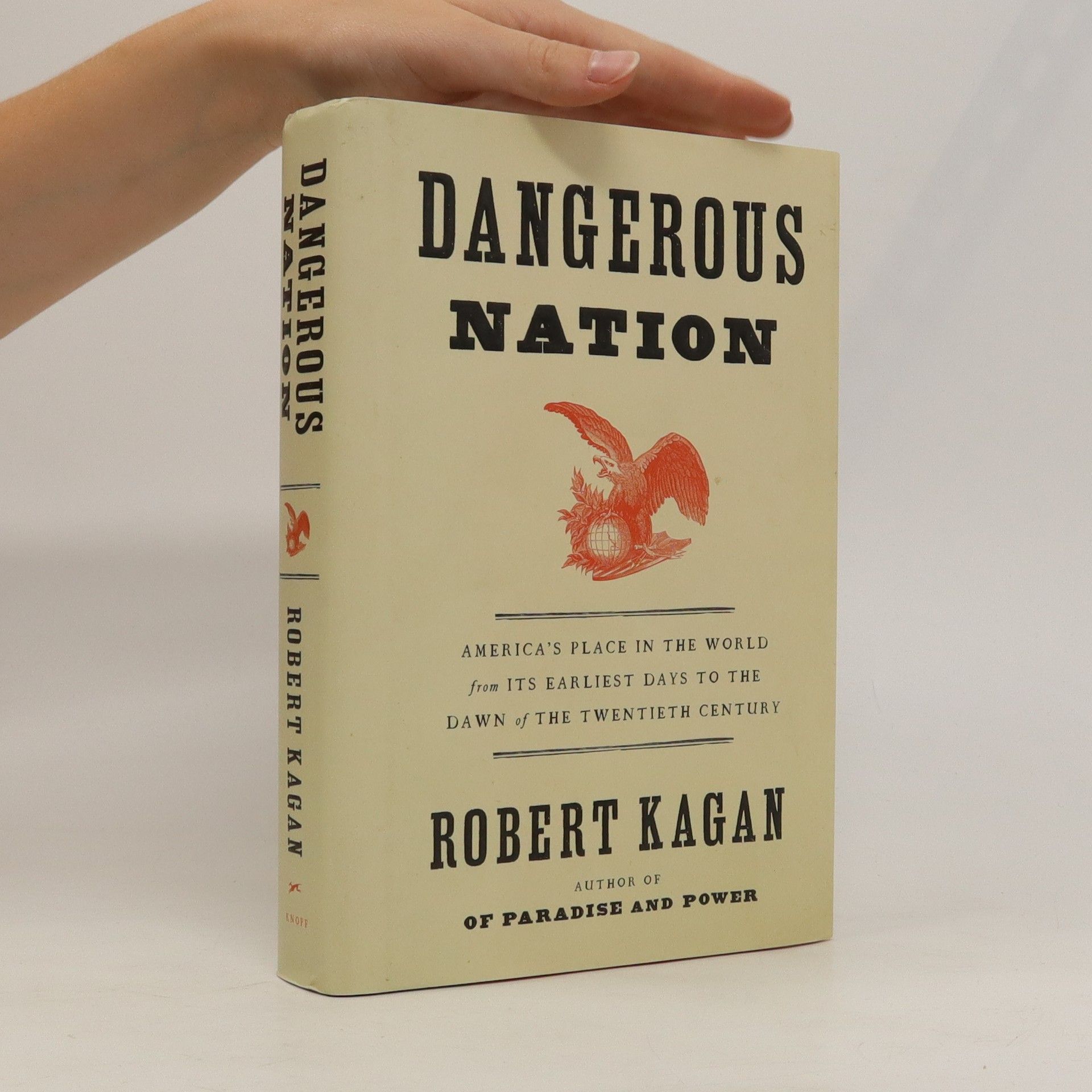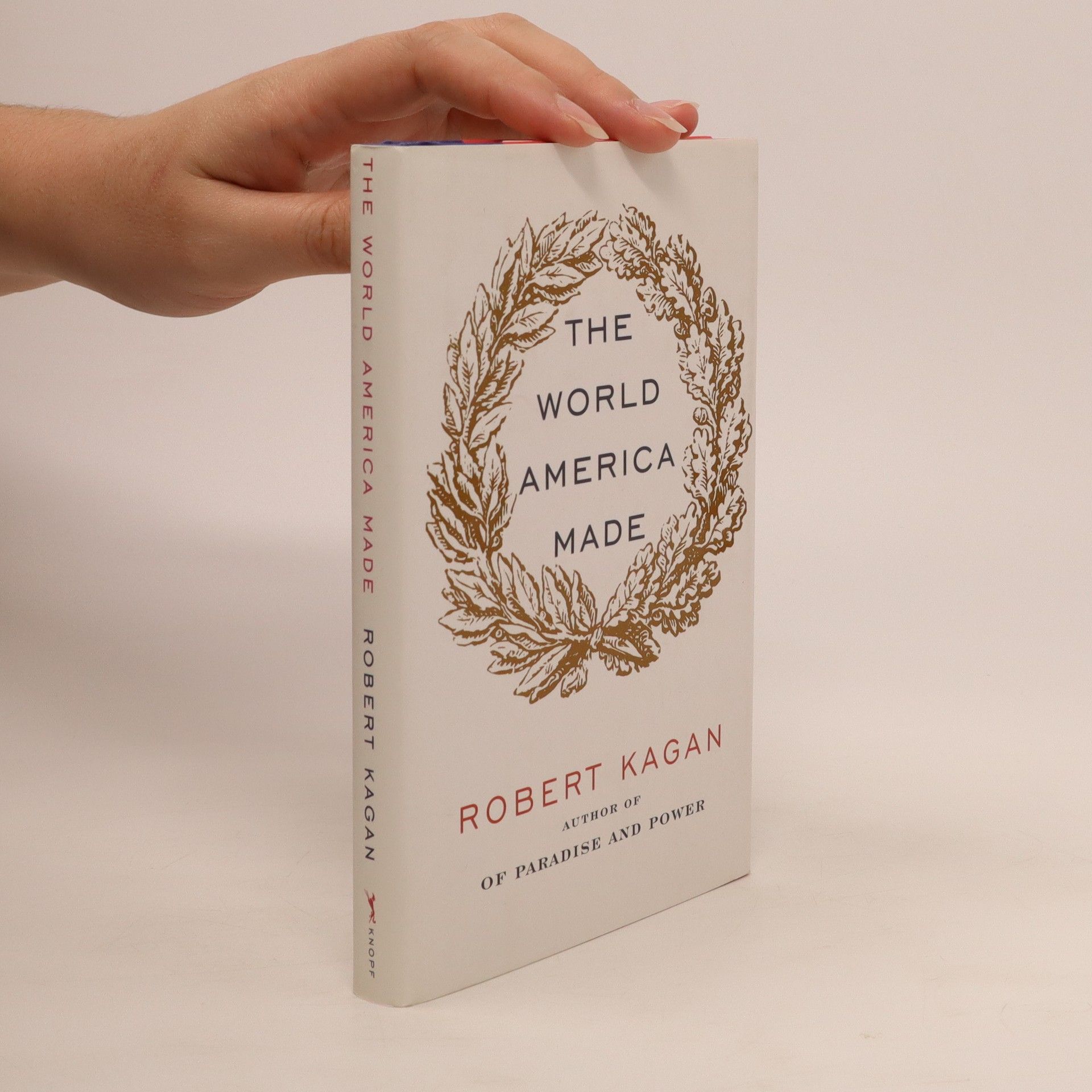Robert Kagan Livres
Robert Kagan est un historien et commentateur de politique étrangère américain. Son travail se concentre principalement sur l'analyse des relations internationales et l'établissement de parallèles historiques qui façonnent les événements mondiaux actuels. Le style d'écriture de Kagan est analytique et perspicace, explorant souvent les tendances à long terme et leur impact sur la politique.

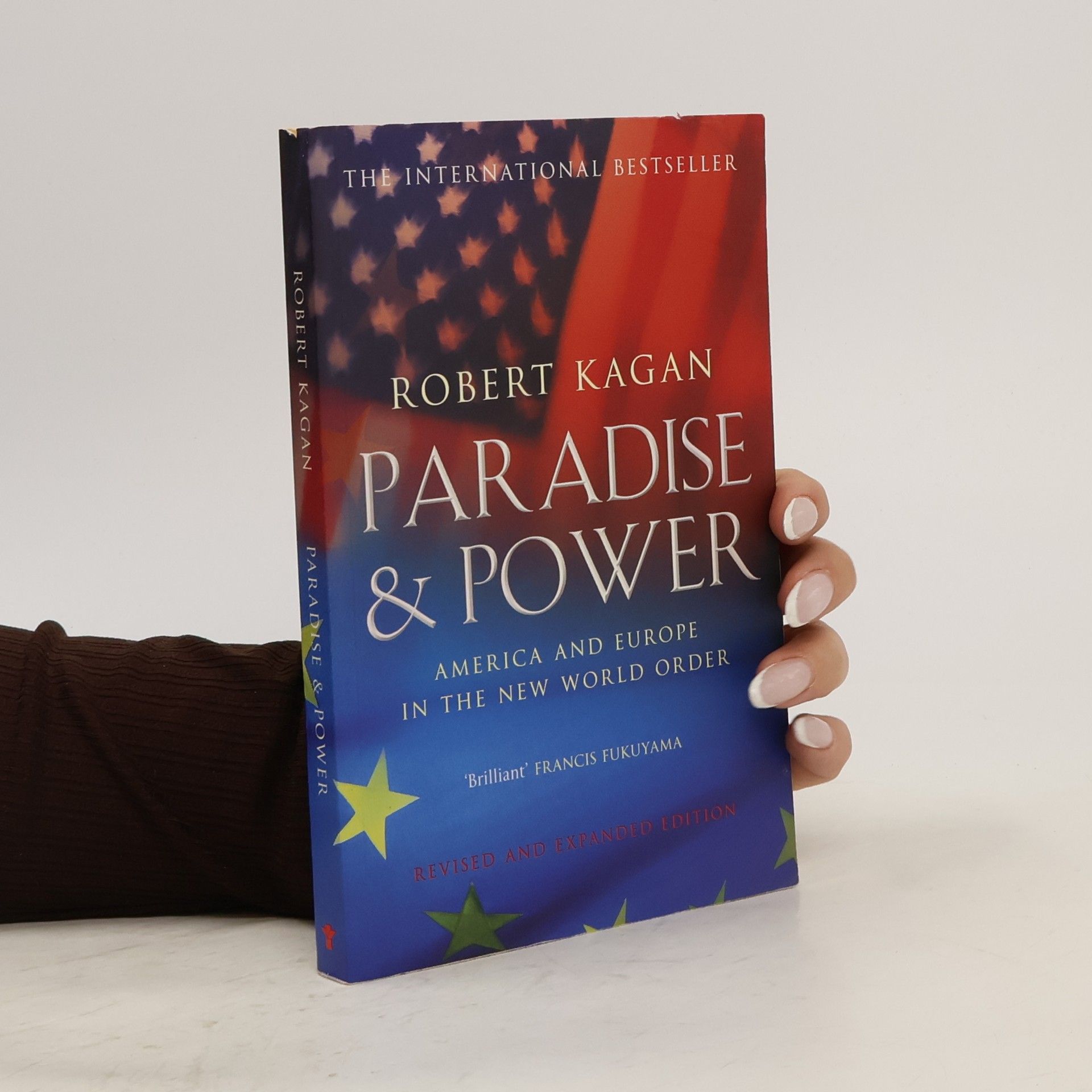

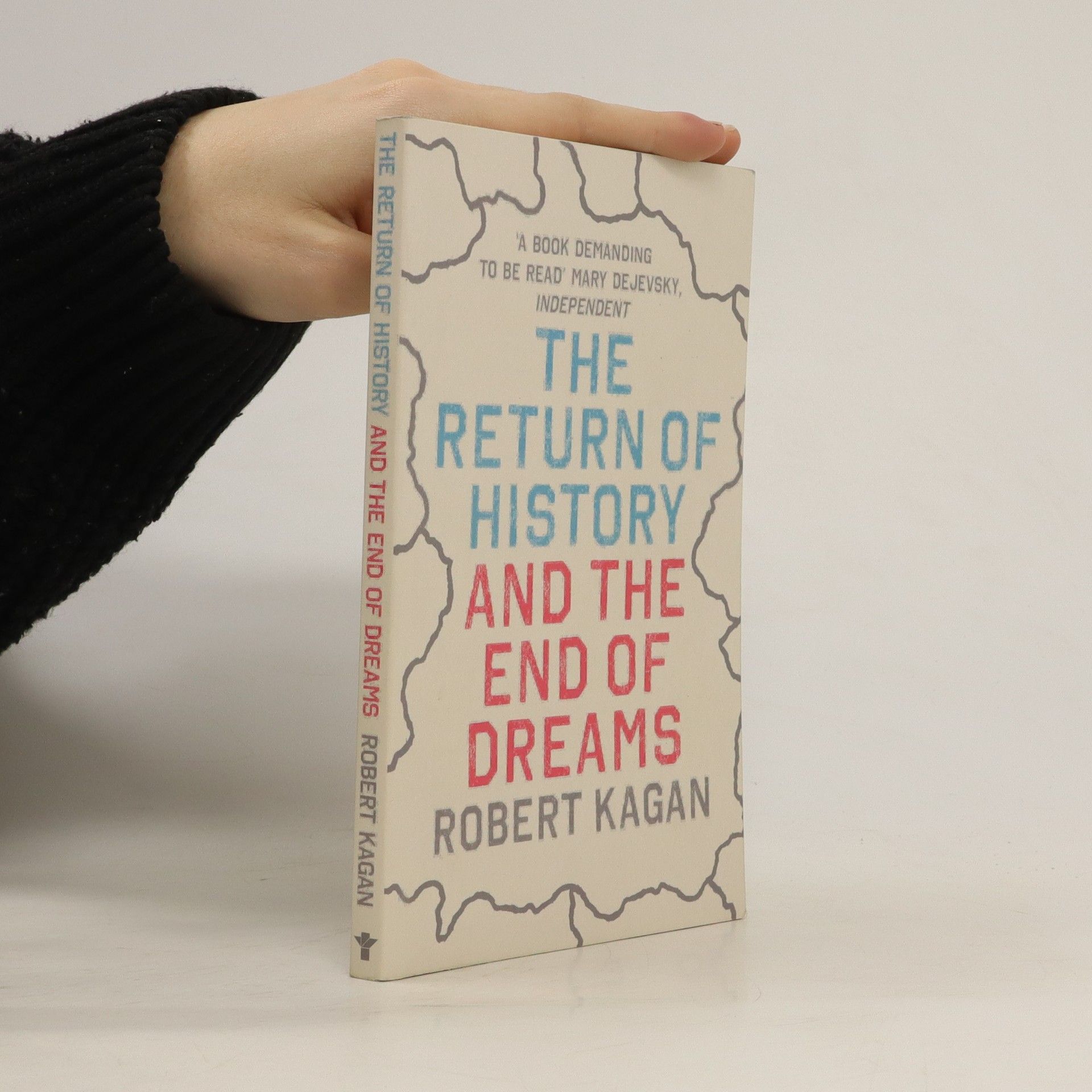
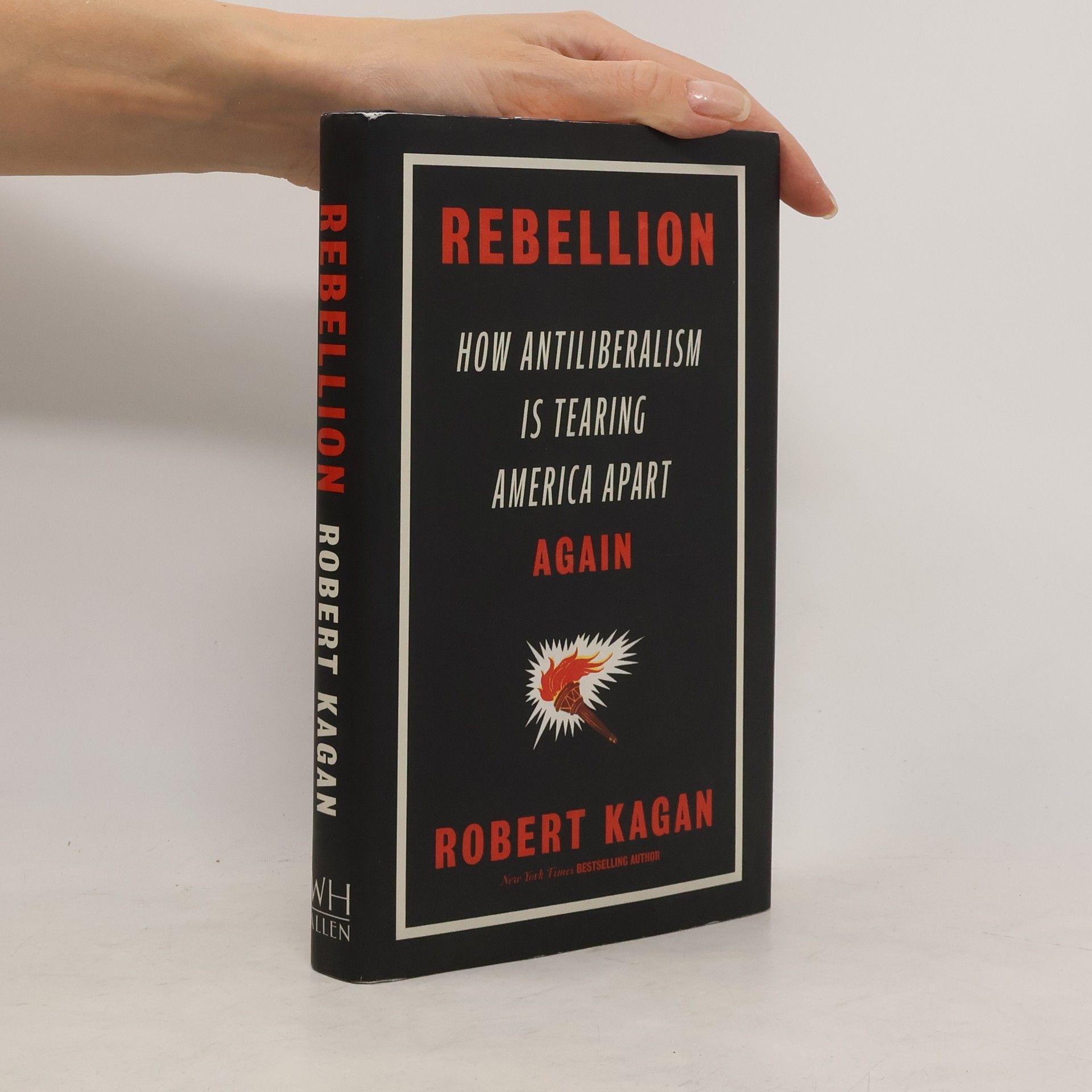


The Ghost at the Feast
America and the Collapse of World Order, 1900-1941
- 688pages
- 25 heures de lecture
This sweeping history explores America's transformation into a global superpower, covering its journey from the nation's founding through to the early twentieth century. It serves as a follow-up to the author's acclaimed first volume, delving into key events, figures, and themes that shaped the nation's development and influence on the world stage. The narrative offers insights into the political, social, and economic factors that contributed to America's ascendance during this pivotal period.
A chilling warning about the threats to democracy posed by the radicalization of the Republican Party, from a leading conservative historian. Since 2017, particularly after the January 6 insurrection, many Americans have feared a constitutional crisis that could paralyze our democratic institutions. Robert Kagan shares this concern, arguing that Donald Trump will run for president in 2024 and, if he loses, will likely refuse to accept the outcome. The disorganized “Stop the Steal” efforts of 2020 may evolve into a more powerful and systematic attempt to manipulate the election in his favor. Should Trump win or find a way back into office, the consequences are unpredictable. Kagan delves into historical forces that have shaped the current political landscape, examining compromises that led to slavery, Reconstruction, and Jim Crow, as well as the “America First” movement and the fascism of the 1930s. He also considers modern conservatism's troubling attraction to autocratic leaders like Vladimir Putin and Viktor Orbán. Ultimately, he questions whether Trumpism is merely a temporary phenomenon centered around one individual or a more enduring political force. This work offers an elegant and informed synthesis of history, politics, and ideas, illuminating a critical moment in American democracy.
This title, from the author of 'Paradise and Power', argues that liberal democratic states and autocratic countries are currently on a collision course
The Jungle Grows Back
- 192pages
- 7 heures de lecture
A brilliant and visionary argument for America's role as an enforcer of peace and order throughout the world—and what is likely to happen if we withdraw and focus our attention inward. Recent years have brought deeply disturbing developments around the globe. American sentiment seems to be leaning increasingly toward withdrawal in the face of such disarray. In this powerful, urgent essay, Robert Kagan elucidates the reasons why American withdrawal would be the worst possible response, based as it is on a fundamental and dangerous misreading of the world. Like a jungle that keeps growing back after being cut down, the world has always been full of dangerous actors who, left unchecked, possess the desire and ability to make things worse. Kagan makes clear how the “realist” impulse to recognize our limitations and focus on our failures misunderstands the essential role America has played for decades in keeping the world's worst instability in check. A true realism, he argues, is based on the understanding that the historical norm has always been toward chaos—that the jungle will grow back, if we let it.
Paradise and Power
- 112pages
- 4 heures de lecture
After years of tension, there is a sudden recognition that America and Europe are diverging sharply and that the transatlantic relationship has changed, possibly irreversibly. Robert Kagan's landmark analysis of this impasse has reverberated around the world and has established itself as the essential account of the times in which we live.
A reevaluation of America's place in the world from the colonial era to the turn of the twentieth century. Foreign-relations expert Kagan strips away the myth of America's isolationist tradition and reveals a more complicated reality: that Americans have been increasing their global power and influence steadily for the past four centuries. Even from the time of the Puritans, he reveals, America was no shining "city upon a hill" but an engine of commercial and territorial expansion that drove Native Americans, as well as French, Spanish, Russian, and ultimately even British power, from the North American continent. Even before the birth of the nation, Americans believed they were destined for global leadership. Underlying their ambitions, Kagan argues, was a set of ideas and ideals about the world and human nature.--From publisher description.
Adversarial Legalism
- 352pages
- 13 heures de lecture
American dispute resolution is more adversarial, compared with systems of other economically advanced countries. Americans more often rely on legal threats and lawsuits. American laws are generally more complicated and prescriptive, adjudication more costly, penalties more severe. Here, Kagan examines the origins and consequences of this system. schovat popis
The World America Made
- 149pages
- 6 heures de lecture
Argues that the world would be worse off if the United States were to withdraw from its position as the predominant power, and that an American decline is not inevitable but that it will take resolve and effort to avoid the possibility.
From Robert Kagan, a leading scholar of American foreign policy, comes an insightful analysis of the state of European and American foreign relations. At a time when relations between the United States and Europe are at their lowest ebb since World War II, this brief but cogent book is essential reading. Kagan forces both sides to see themselves through the eyes of the other. Europe, he argues, has moved beyond power into a self-contained world of laws, rules, and negotiation, while America operates in a “Hobbesian” world where rules and laws are unreliable and military force is often necessary.Tracing how this state of affairs came into being over the past fifty years and fearlessly exploring its ramifications for the future, Kagan reveals the shape of the new transatlantic relationship. The result is a book that promises to be as enduringly influential as Samuel Huntington’s The Clash of Civilizations and the Remaking of World Order.
